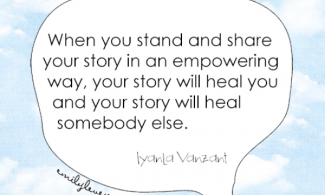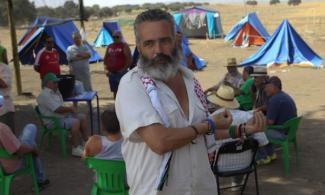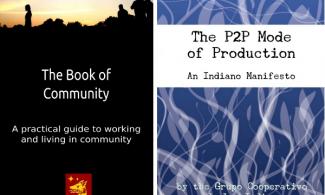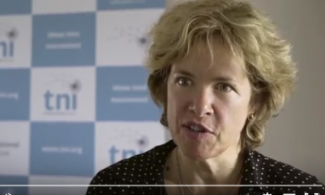Building People-Centred Enterprises in Latin America
Cooperatives Europe releases today its latest publication “Building People-Centred Enterprises in Latin America and the Caribbean – Cooperative Case Studies”.
Tony Bacigalupo on Creating Vibrant Coworking Spaces
Tony Bacigalupo wears many hats.
Reflections on including the word 'racism' in the title of your change effort
Having the word "racism" in the title of your change efforts is a bold move, but it didn't happen overnight. Initially, they worked with the Extension program at South Dakota State University (SDSU) to reduce poverty in their community as part of the Horizons project.
The sharing economy is now a playground for Wall Street
When the concept of “peer-to-peer” lending popped up a decade ago, libertarians and leftwing idealists alike cheered.
PRI Reports on Cuba's New Co-ops

Over the last few years, President Raúl Castro has been slowly liberalizing Cuba’s socialist economy. The government has begun allowing small, private businesses to operate on the island. And now it’s been experimenting with turning state enterprises into cooperatives and letting the workers own and run them.
Bangla-Pesa Holds Renewal Event and Retreat After 2+ Years
September marked the first official renewal event for Bangla-Pesa after more than 2+ years in circulation (Starting in May 2013). The event featured the neighboring community's Ng'ombeni-Pesa, several local politicians, the Chief's office, children's choir, several schools and members.
Union Co-op Symposium - Cincinnati
We hope you can join us Nov 13 & 14!
Worker-Owned Coffee Houses Provide a Window Into Everyday Indian Life
[W]hen he found himself on the wide and relaxed terrace of the Indian Coffee House at the Baba Kharak Singh Marg, it felt like a re
Landowner Cooperatives for Wild Pig Management
How to magnify wild pig management efforts.
Watch more videos from AgSmartTV on their Youtube channel
Go to the GEO front page
Public Bank in DC Event: Building Our Future
A public bank is a publicly owned, publicly accountable bank in D.C., which, in partnership with local financial institutions, delivers quality, sound financial services that will help create an environmentally sustainable DC; promote local jobs, sustainable local businesses and affordable housing in the city; and enhance the financial health of the city’s general
A Techy Management Fad Gives Workers More Power—Up to a Point
One of the words I first heard floating around the unMonastery’s breathless conversations about the future, and which I’ve heard many times since in my reporting on tech culture, was “Holacracy.” At the time I probably nodded and pretended I knew what it meant.
Damayan Cleaning Cooperative Launches Business
New York, NY – The first Filipina migrant worker-owned cooperative in the United States opened for business on September 27, 2015. The coop is in line with the goals of Damayan Migrant Workers Association to help members access meaningful jobs.
Communitere Is Bringing The Tools For Renewal To Nepal
When catastrophic disaster strikes anywhere in the world, the affected community faces many challenges in rebuilding their lives, homes and communities. But when disaster strikes in a developing country, the challenges are compounded by a lack of access to the tools, space and resources needed to begin rebuilding.


 Cooperation Texas began working with the former employees of the Tamale House in October 2014 through its
Cooperation Texas began working with the former employees of the Tamale House in October 2014 through its 



